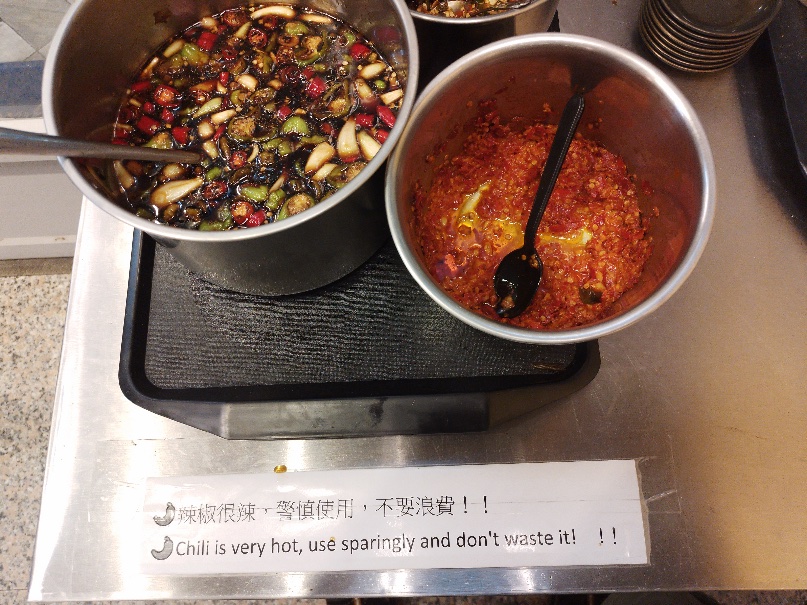The spiny terminological conundrum of ekhidna and ekhinos

[This is a guest post by Stewart Nicol]
Greek particles
I am a zoologist and comparative physiologist who has worked extensively on the monotremes, the platypus and the echidna. I have been putting together some notes on the naming of the these animals. After originally being placed in the genus Myrmecophaga with the other, totally unrelated, anteaters, the echidna was given the specific name Myrmecophaga aculeata (prickly anteater) by George Shaw in 1792. It was named Echidna histrix by Georges Cuvier, misspelling Hystrix (Greek for porcupine). In 1811 Johann Illiger published an overhaul of the Linnaean system and replaced Cuvier’s genus name Echidna with Tachylossus (fast tongue) making the full binomial Tachyglossus aculeatus. The Genus name Echidna would have had priority but it had previously been applied to a genus of Moray eels, so the echidna became Tachyglossus aculeatus, but popularly known as the echidna. Cuvier doesn’t say why he used the name echidna, but the general assumption is that it alludes to a monster in Greek mythology , ἔχιδνα or ekhidna, half woman (mammal) and half snake (reptile), because the echidna was believed to combine characteristics of reptiles and mammals. Unfortunately, the word ekhidna is very similar to the ekhinos (ἐχῖνος) which is the Ancient Greek word for hedgehog, and appears in the names echinoderm and echinacea because they have spines, giving rise to the misapprehension that the name echidna means spiny.
Read the rest of this entry »



